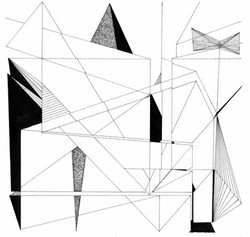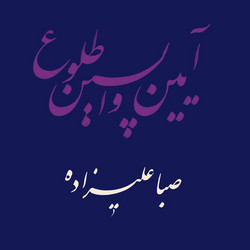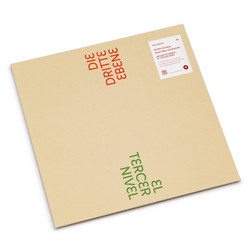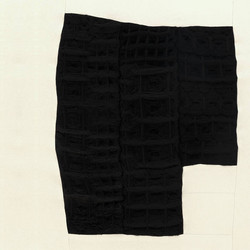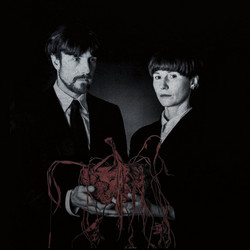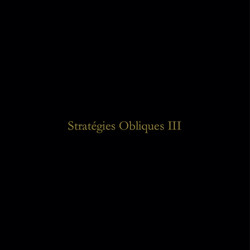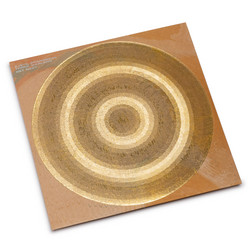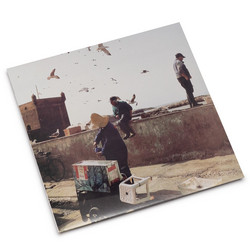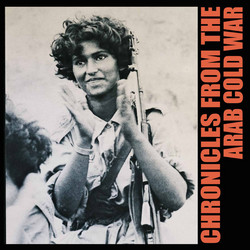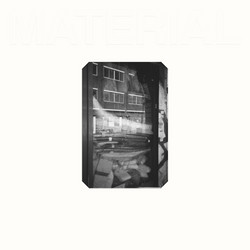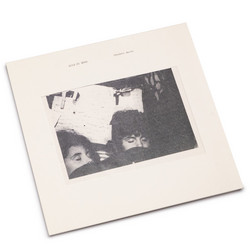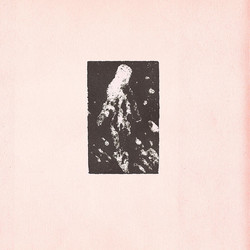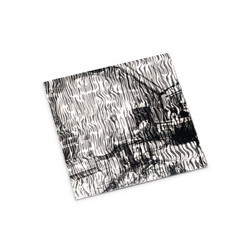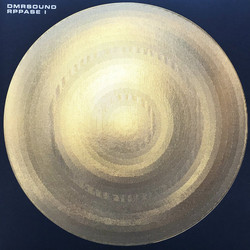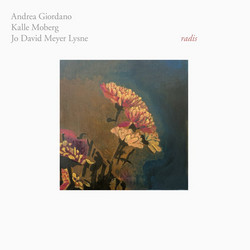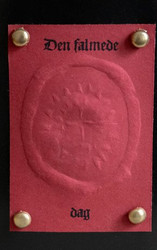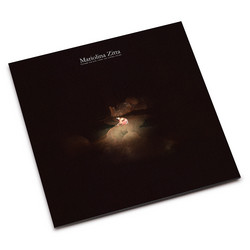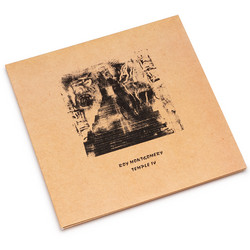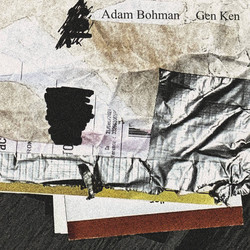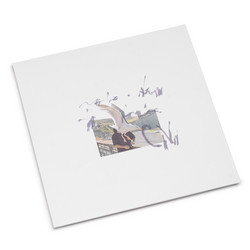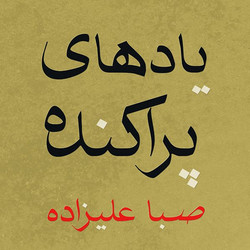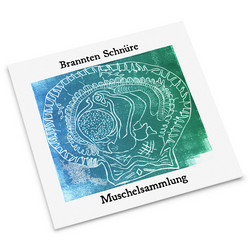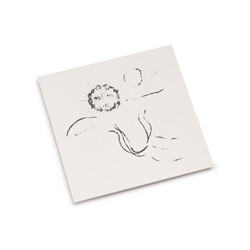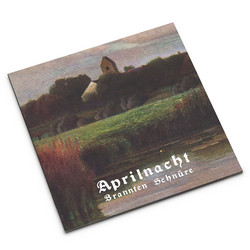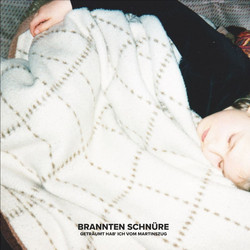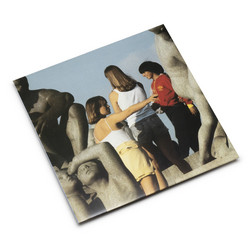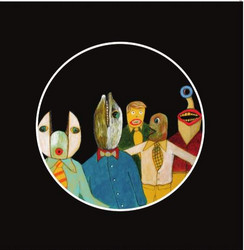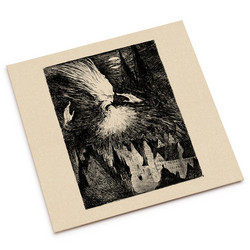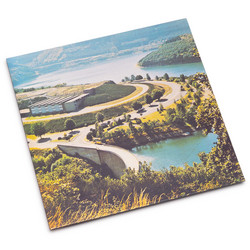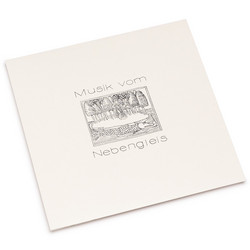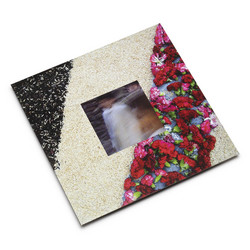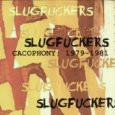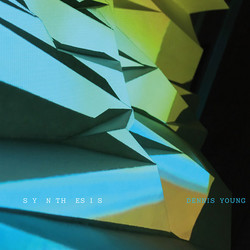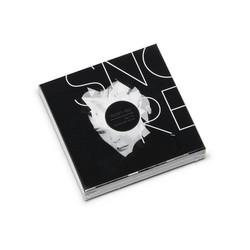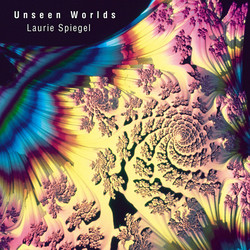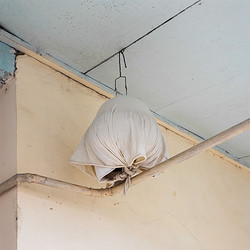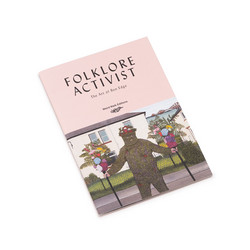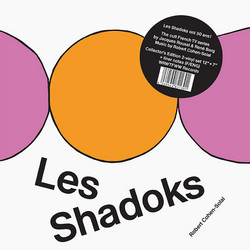Weaving a singular brand of DIY Minimalism, intertwining elements of folk, musique concrète, ambient, and electroacoustic music, Brannten Schnüre conclude their remarkable journey with what can easily be regarded as their most emotionally resolved statement, “Landschaft aus Tränen”, the final chapter of their psychological trilogy released on their own Quirlschlängle imprint in a limited edition. Completing the groundwork for the singular sonic landscapes that we've all come to adore, it's an absolutely stunning and engrossing piece of work that marks both an ending and a beginning - the definitive closure of one of experimental music's most distinctive projects.
The musicological significance of Brannten Schnüre's practice lies in their systematic dissection of folk traditions. Schoppik's use of modified Greek rembetiko recordings, processed through contemporary electroacoustic techniques, creates what might be termed “post-folkloric collage” - a methodology that parallels the ritual electronics of Coil and the apocalyptic pastoralism of Current 93, yet maintains distinctly Germanic characteristics rooted in quotidian experience rather than occult mysticism.
On “Landschaft aus Tränen”, this approach undergoes crucial transformation. The album edges closer to the acoustic introspection that emerged in mid-1980s post-punk England, particularly the wounded romanticism that characterized that era's turn toward organic instrumentation. However, where those precedents sought authenticity through primitivism, Brannten Schnüre achieve authenticity through acknowledged artifice - Rich's deliberately mannered vocal delivery, oscillating between Nico-esque recitation and childlike questioning, serves as a constant reminder of the music's constructed nature.
The album's most significant development lies in its treatment of Martial Industrial aesthetics, particularly evident on “Streitlust”. Here, the duo appropriate the genre's rhythmic severity while completely inverting its ideological content, creating what could be described as “anti-martial industrial” - retaining the sonic signifiers while emptying them of their typical associations with power and domination.
It is no secret that this album is not only the final part of a trilogy, but also the final chapter of Brannten Schnüre itself. The project has come to an end. This artistic decision carries profound implications beyond mere creative closure. In an era where musical projects often persist indefinitely, driven by commercial rather than aesthetic imperatives, the conscious termination of Brannten Schnüre at their creative peak represents a radical act of artistic integrity. And yet, we are not left empty-handed. A new collaboration between Katie and Christian is already on the horizon. The folk-inflected paths of “Landschaft aus Tränen” offer a glimpse of where that path might lead.
